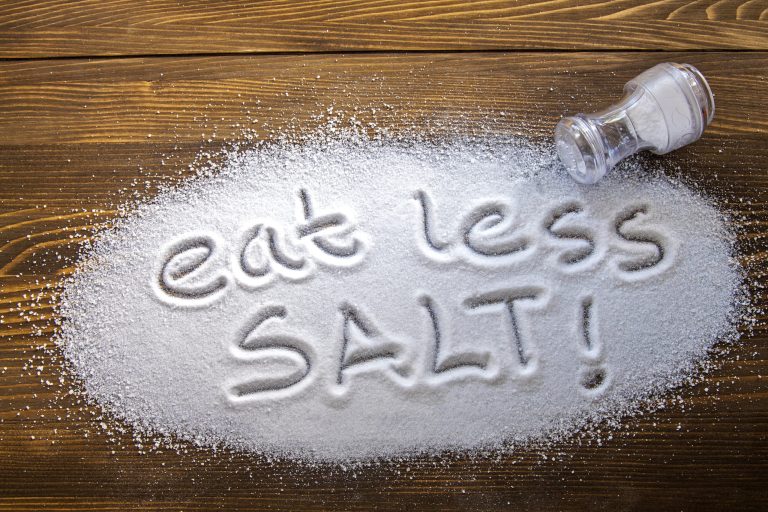The World Health Organisation (WHO) has launched the second edition of the sodium benchmark on processed foods created to guide countries in setting viable and efficient sodium reformulation programmes.
Dr Walter Kazadi Mulombo, the WHO Country Representative, addressed attendees at the 2024 World Salt Awareness Day hosted by the Federal Ministry of Health and Social Welfare in Abuja. He outlined that this year’s World Salt Awareness Week strives to promote the reduction of salt intake, with the objective of safeguarding cardiovascular health and mitigating the risk of other diseases.
He clarified that the aim of this year’s theme, “It’s time to shine the spotlight on salt,” is to underscore the issue of hidden salt in many processed and ultra-processed products.
He asserted that three-quarters of of sodium in the diet stems from ultra-processed and processed foods such as bread, sauces and dressings, crackers and cookies and ready-to-eat meals.

Molumbo highlighted that decreasing salt or sodium consumption represents a significant measure in combating hypertension and cardiovascular ailments. He further noted that the WHO advocates for an intake of less than 5g of salt (equivalent to less than a teaspoonful) per day for adults.
“The objective of these benchmarks is to achieve a 30% global reduction in sodium intake. We will like to reiterate our commitment to supporting the country in the development and implementation priority Activities towards sodium reduction.
“We therefore join our voices to this call-to-action with a call to: countries to adopt the global sodium benchmarks to reduce their populations’ sodium intake, We urge Industries to implement the global sodium benchmarks, reformulate food products,” he said.
He conveyed that the WHO is partnering with the Nigerian government to establish national targets and benchmarks for sodium. Molumbo remarked that this collaboration will expedite efforts towards reformulation while simultaneously monitoring global advancements in reducing sodium intake.



